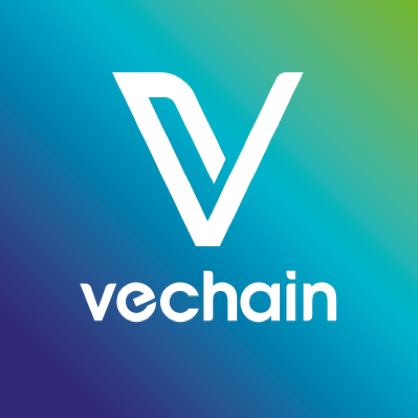If you have been using the Internet for a while you must know that the world is constantly evolving. All fields and particularly web-based technology have undergone a massive transformation in the last decade. In this article, we discuss one such innovation, ‘blockchain technology’, and what it holds for small to large-scale enterprises. If you are a start-up or a giant in your field, with the information that follows, we are helping you explore upcoming contributors in the enterprise blockchain space you must look out for!
Let’s first clarify our basics and understand what Blockchain is and its role in modern-day digital security.
Blockchain:
It is an advanced database-oriented technology that creates a safe, secure, and transparent environment for sharing information within a business network. As the name suggests, data stored using blockchain systems is stored in the form of blocks that are connected through a chain.
So what is so different about blockchain and other database-managed tools?
Well, in the case of the subject under discussion, the data stored has a chronological order which cannot be altered without approval or consensus from the network holders. By alteration, we mean new data once entered cannot be modified or deleted. It tells us that blockchain technology can be used to create an unchangeable ledger consisting of important business information such as payments, accounts, order tracking, and or any other transaction. The in-built mechanism of this technology ensures that unauthorized transactions cannot take place.
Who can use blockchain technology:
That’s where it gets interesting. Blockchain can be used across industries. This innovative technology can be adapted to fit the requirements of each sector and every business, including SMEs and larger corporations. You just need the right resources to ensure blockchain technology optimization.
Let’s understand in depth the concept of enterprise blockchain before we discuss the service providers in this segment:
What is ‘Enterprise Blockchain’
It is a variant of blockchain technology. Enterprise blockchain is a permissioned blockchain which means that it is not publicly accessible or has an access control layer. The layer ensures that the information stored in the blockchain is only accessible to people with the necessary permissions.
Enterprise blockchain for companies that do not wish to use public blockchain services as the enterprise version allows companies to meet their specific requirements and business needs such as settling global payments, tracking supply chain, or scaling up or down depending on final product demand.
What is the difference between enterprise blockchain and public blockchain?
The main difference lies in the control ownership. In the public version, companies or even governments undertaking the services do not have any control over the kind of transactions. However, enterprise blockchains are controlled by companies deploying them. They have entire control over the transactions that occur through internal systems and they can choose to block transactions that do not follow their rules.
To give you a better perspective of the advantages that enterprise blockchain offers, read through the following points:
1- Accountable parties: All nodes existing in the network are known and hence it becomes easy to hold them accountable for their actions.
2- Access: Only the people who have required permissions can view the content of the blockchain systems and viewing rights are known by network owners
3- Scaling as per business needs: Since enterprise blockchain shows limited decentralization, it is easy to scale business transactions depending on the final requirement
4- Mutability: The only way to make changes in the existing content is when all involved parties agree
We have compiled a list of some of the best blockchain-based companies that leverage the offerings of efficient technology:
-
VeChain
It is a blockchain protocol that governs the functioning of a blockchain. This protocol aims to incentivize a network of computers for running a platform that will allow companies to build dApps or decentralized applications. The company, founded in 2015, was originally a supply chain management solution provider. However, it reinvented itself with the launch of its mainnet in 2018.
-
Corda
Corda is a popular permissioned blockchain. This platform is an open-source blockchain project which shows a business-oriented design. Corda helps companies build interoperable blockchain networks that follow stringent privacy protocols. It is also equipped with smart contract systems and is one of the preferred choices amongst businesses for building impenetrable databases.
-
IoTex
It is an extremely prompt, decentralized platform offering superior security. It is used to connect real-world data, devices, and other utilities to blockchain dApps. As of June 2023, the IoTeX community is as large as 200,000+ users.
-
TRON
Originally an Ethereum-based ERC-20 token, this decentralized blockchain operating system switched to its protocol in 2018. TRON offers smart contract functionality along with a cryptocurrency that is native to the system. Its architecture is divided into 3 layers consisting of a storage layer, a core layer, and an application layer.
Conclusion
With this, we come to the end of understanding blockchain, enterprise blockchain and its importance. We have also discussed some of the best blockchain-based platforms that are constantly working toward creating services that help their clients improve business results and operations. However, the market is constantly evolving with the addition of new players that bring in a fresh set of services.


